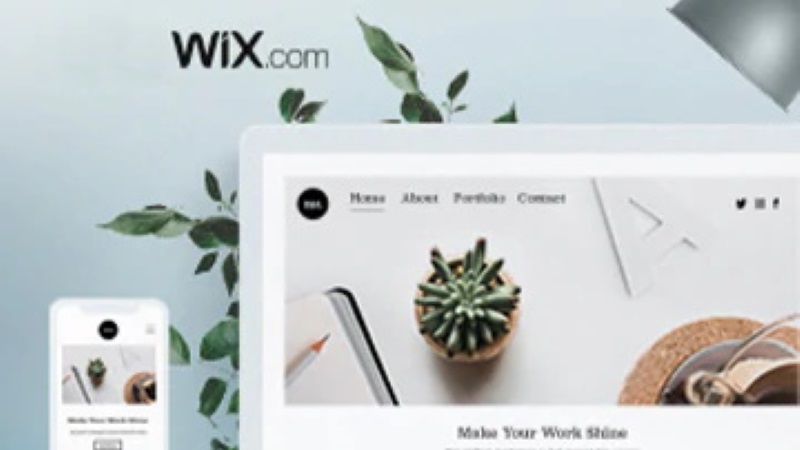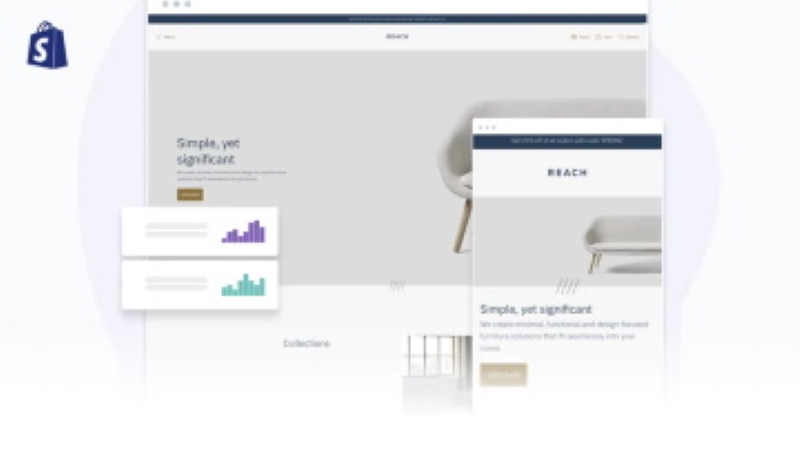A website is your online shop window to the world. It tells customers, prospects and anyone visiting what you’re about and how you go about it. Whether or not you trade online, you’ll almost certainly need an online presence. Here are some top tips to consider when creating your business website.
Creating a website
Create and register a domain name
Stake your claim to your own space online by getting a website address. This is also called a domain name or URL. Domain names should be easy to say, spell and remember. Often, the shorter, the better. Avoid numbers, hyphens and other special characters as they’re difficult to type.
If your first choice of domain name is already taken, don’t worry. Choose another that’s different enough to avoid any confusion with similar businesses. It’s best to avoid any names that have trademarks associated with them. It’ll save legal costs and strife later.
Think long-term. Your domain name may be one of the biggest elements to define your business and brand in the years to come.
Check if your chosen name is available on social media sites. It’s easiest if customers can find you under the same or similar domain and social media handles. Familiarity breeds brand recognition.
Lastly, consider the domain name extension. The most common are ‘.com’, ‘.net’ and ‘.org’. Other domain name extensions are available (e.g. ‘.co.uk’ or ‘.eu’), if it’s important for your business to be associated with a particular geography. Or if your first choice is taken.
Select a host and platform
A host connects your website to the wider internet, sets you up on a server and offers services such as e-mail.
Important things to consider are reliability, in that your host doesn’t crash. And flexibility, so you can make changes to your website quickly and easily.
Most hosting providers offer numerous service plans, depending on the size of your website and the amount of traffic it’s likely to receive. If you’re considering free web hosting services, note that these sites typically deliver advertising, such as banner ads and pop-ups on your website.
Selecting the right platform is important if you’re taking the ‘DIY’ approach. A platform is a tool that helps you design and build your website, offering templates and tips on the ways to determine the look and feel.
Some hosting companies will offer you a deal if you register a domain name and host with them. With this option, note that if you later decide to change your hosting company, you may have to pull down your domain name and could encounter unexpected hurdles.
Build your website
Business websites usually include the following pages: homepage, products/services, online ordering, about us and contact information.
When people visit your website, you want them to instantly understand your business. Plus easily navigate the site, find pricing, know how to buy and ask questions. Ensure that you also include a clear navigation (search) bar and call to action buttons. For example, ‘buy now’, ‘make an appointment’ or ‘contact us’.
Making your website mobile-friendly is a must. In 2017, smartphones overtook desktops and laptops as the preferred means of accessing the internet in the UK, according to eMarketer1.
Put yourself in your customers’ shoes and think about what else they would like to see. When developing content, create text that is not only catchy but also SEO- (search engine optimisation) friendly. See the article Market yourself online.
Does your website have a blog section? You may have unique knowledge or insight within your field that your customers may lack. By sharing your knowledge, you can attract traffic from people who are seeking information. And strengthen your brand and establish yourself as an expert within your field at the same time.
Ready to take your marketing to the next level? See our recommended solutions
Recommended tools and services
Discover the tools and services you need to be open for business 24/7

WordPress
WordPress provides everything you need to get online. Discover what your website can do with a powerful plan.

Wix.com
Create a website and manage your brand with Wix. Sell products, get booked online and grow your business.

Shopify
Shopify is a ecommerce platform, providing users with everything they need to start, run, and grow a business.
Related articles

How to get your
business reviewed online
The importance of a good review is undeniable...

Top tips for maintaining a website and engaging consumers online
Learn how to use the right partners, networks, and information to help keep your brand relevant online.

How to get
found online
The average attention span is down from 12 seconds in the year 2000 to eight seconds now, reports the BBC
Toolkits, articles and recommendations are provided “AS IS” and intended for informational purposes only and should not be relied upon for operational, marketing, legal, technical, tax, financial or other advice. See here [https://www.visa.co.uk/legal.html] for further legal conditions in relation to your use of the Visa Digital Business Kit.

